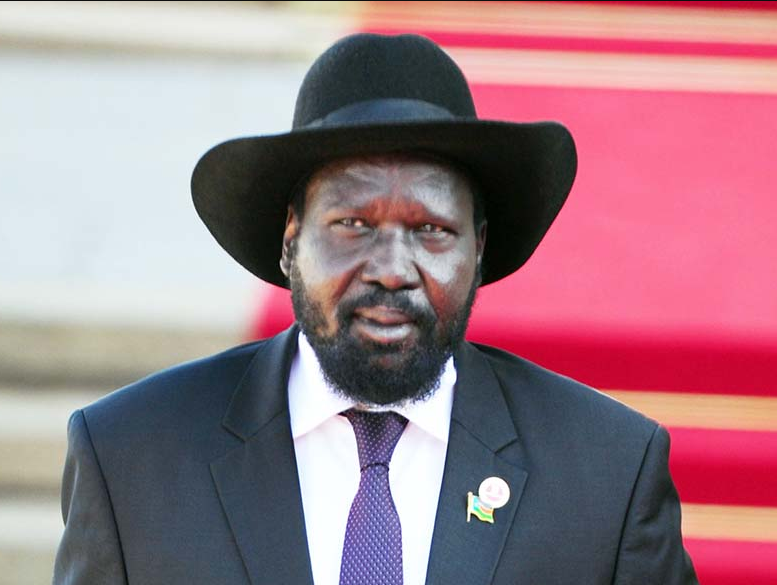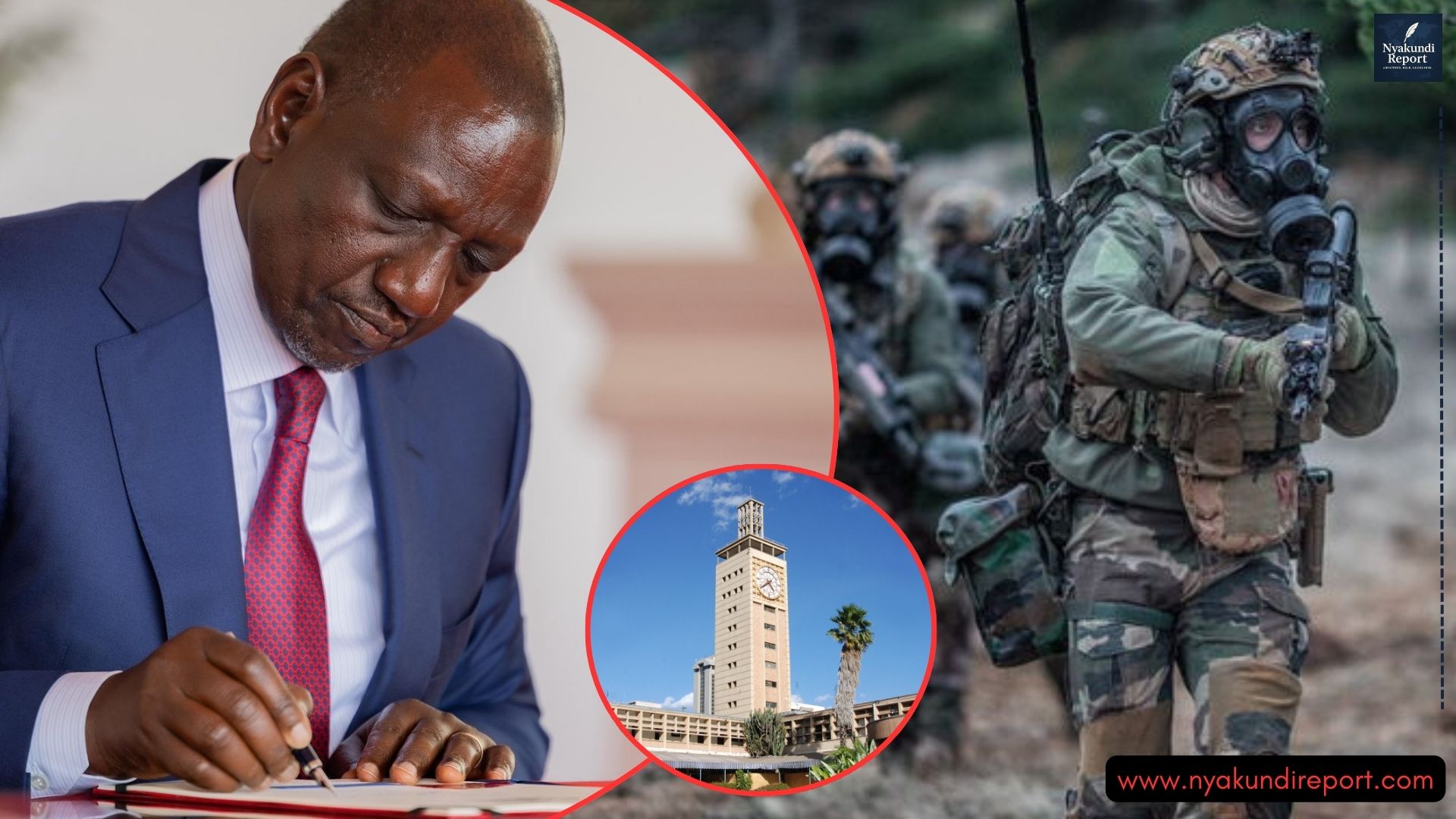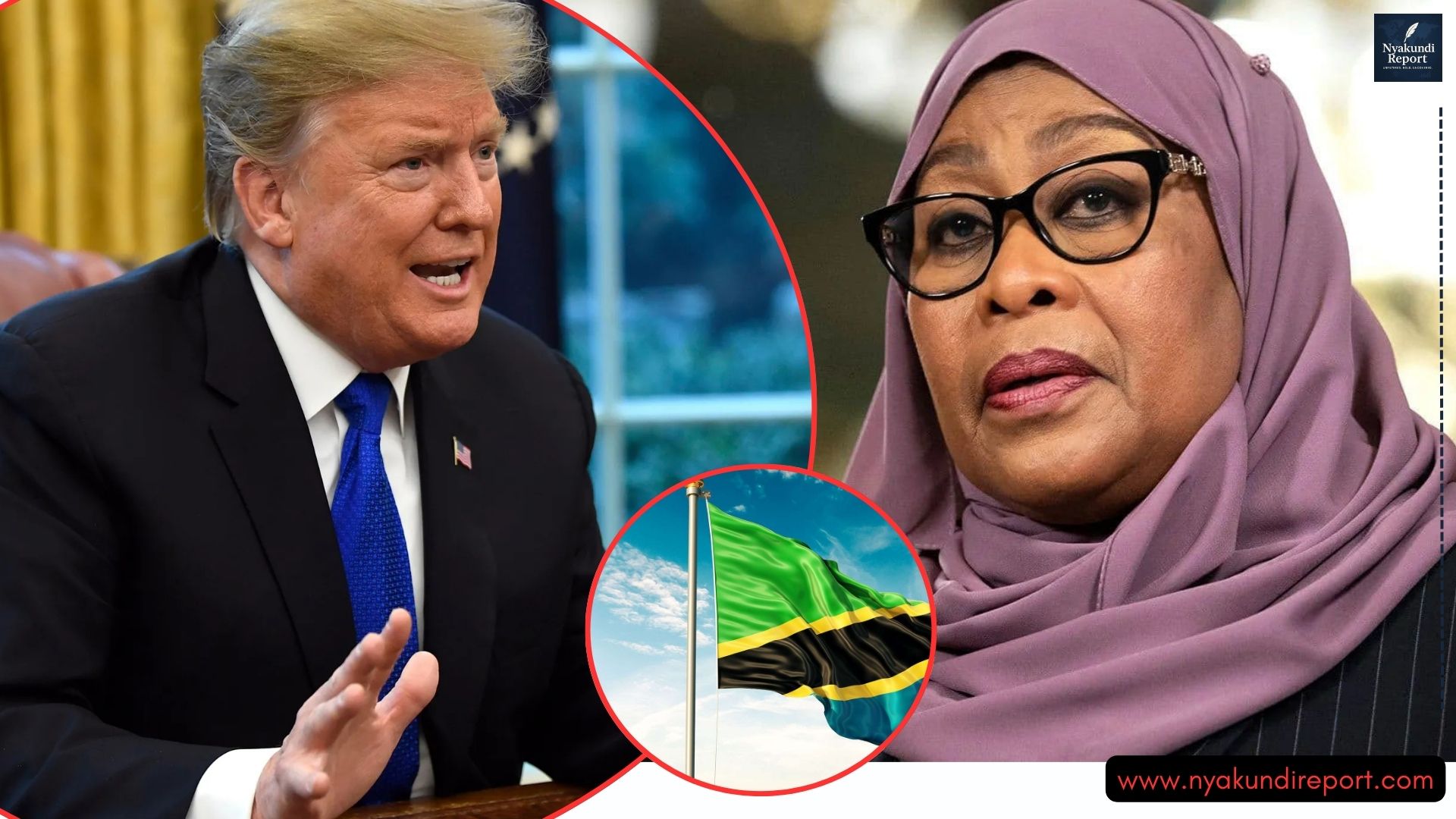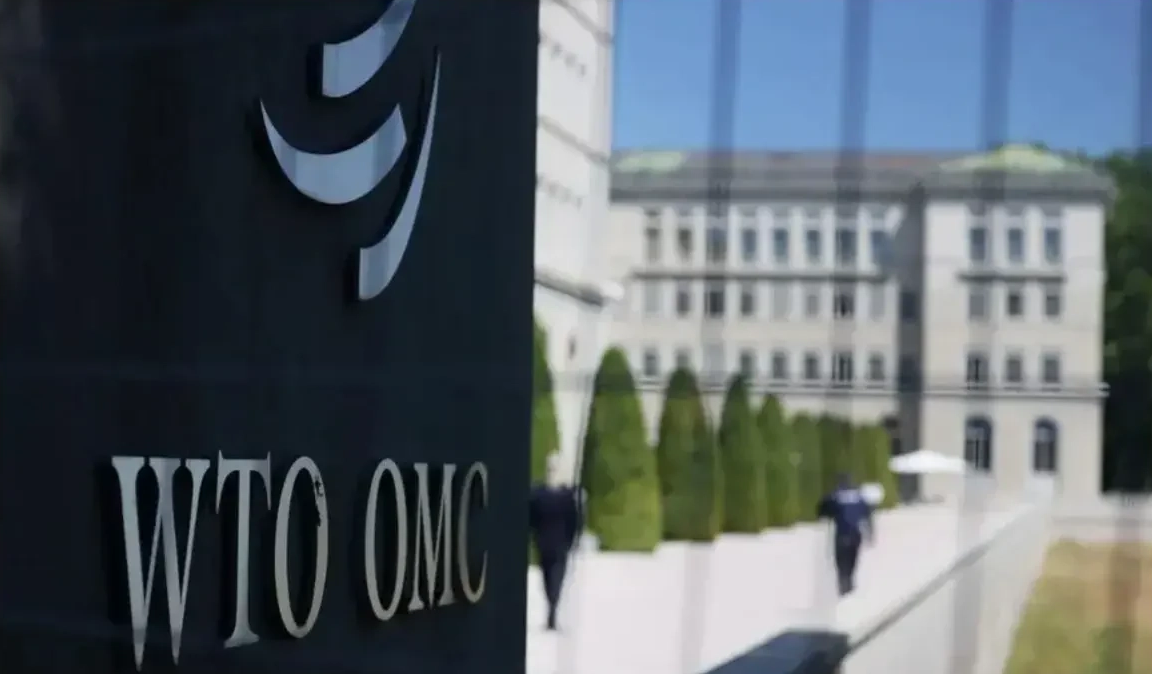The Kenya Union of Post Primary Education Teachers (KUPPET) has issued a strong warning that the country’s entire education system risks grinding to a halt following a recent High Court ruling.
The court declared all school levies unlawful unless approved by the Education Cabinet Secretary—a decision that could push thousands of schools into operational chaos.
According to KUPPET, the ruling, while well-intentioned, overlooks the realities on the ground. Schools rely heavily on these levies to plug budget gaps left by delayed government funding. Without them, the union warns, the closure of all schools could become unavoidable.

Why the Court Ruling Could Lead to the Closure of All Schools
KUPPET Deputy Secretary General Moses Nthurima did not mince words during a Tuesday, June 17 interview with Citizen TV. He described the High Court’s decision as disconnected from the ground-level realities of running a public school in Kenya.
According to Nthurima, while the Constitution and the Basic Education Act advocate for free education, the actual funding structure leaves significant gaps. Government capitation often arrives late and falls short of covering even basic needs such as food, electricity, learning materials, and teacher support services.
“Principals are forced to ask for levies because they are dealing with increasing costs—and in many cases—delayed government disbursements,” Nthurima said. “If schools cannot ask parents to contribute even for lunch programs or remedial classes, then we will simply not be able to run them.”
KUPPET argues that Section 29 of the Basic Education Act empowers school heads and Boards of Management to raise levies, provided the proper channels are followed, including approval by the Ministry of Education. However, the High Court ruling now puts those practices in legal limbo.
Financial Pressure Is Crippling Public Schools
Public school heads say they are suffocating under growing financial burdens. The cost of essential items like maize, beans, stationery, fuel, and water has skyrocketed. With inflation at record highs and the shilling weakened, school administrators have little choice but to turn to parents for help.
Nthurima stressed that the levies aren’t arbitrary or exploitative—they are vital. Many go toward feeding students, hiring support staff, or running extracurricular activities like sports and music. Without them, schools are forced to cut essential services or suspend operations altogether.
In recent years, headteachers have publicly lamented the delay in capitation funds, which sometimes arrive months late. These funds are meant to cater to tuition, maintenance, and administration. But when they don’t come on time, the only buffer schools have is parent contributions.
“If the government fails to disburse timely funds, and now it’s illegal to ask for levies, what are we supposed to do? Shut down the schools?” Nthurima posed rhetorically.
Parents Frustrated, but Schools Say They’re Desperate
There’s no doubt that parents are frustrated. Many have complained for years about rising costs in schools that are technically supposed to offer free education. Some schools have been accused of demanding development fees, exam money, boarding charges, remedial class payments, and even “motivation” fees for teachers.
This wave of complaints pushed the government to act. In a ruling delivered on Monday, June 16, the High Court affirmed that only levies approved by the Education Cabinet Secretary are lawful. Anything else is illegal.
Education Cabinet Secretary Julius Ogamba was quick to affirm this ruling. In a statement issued on May 20, he vowed to crack down on rogue principals.
“School heads and principals are directed to ensure prudent use of these public resources entrusted to their care for the benefit of learners and to desist from imposing any unauthorized levies,” Ogamba said.
He added, “We will deal firmly with any verified cases of misappropriation of resources and the imposition of unauthorized levies.”
While parents celebrated the decision, teachers and administrators saw it as a potential death sentence for public education.
What Lies Ahead If No Action Is Taken to Avert Closure of All Schools
KUPPET is now calling on the government to act urgently to avoid a nationwide education shutdown. The union wants a clear and quick mechanism for approving reasonable levies and a substantial increase in capitation funds to reflect the country’s economic realities.
The situation presents a major test for Education CS Ogamba. Will he offer schools a lifeline, or will he strictly enforce a ruling that may cripple the very institutions he is meant to protect?
With exams looming and schools struggling to pay suppliers and staff, the threat of the closure of all schools is no longer a distant fear. It’s a very real possibility unless swift and balanced action is taken.
In the coming weeks, all eyes will be on the Ministry of Education and State House to see if they step in to save the sector before it collapses under the weight of underfunding and legal confusion.






































